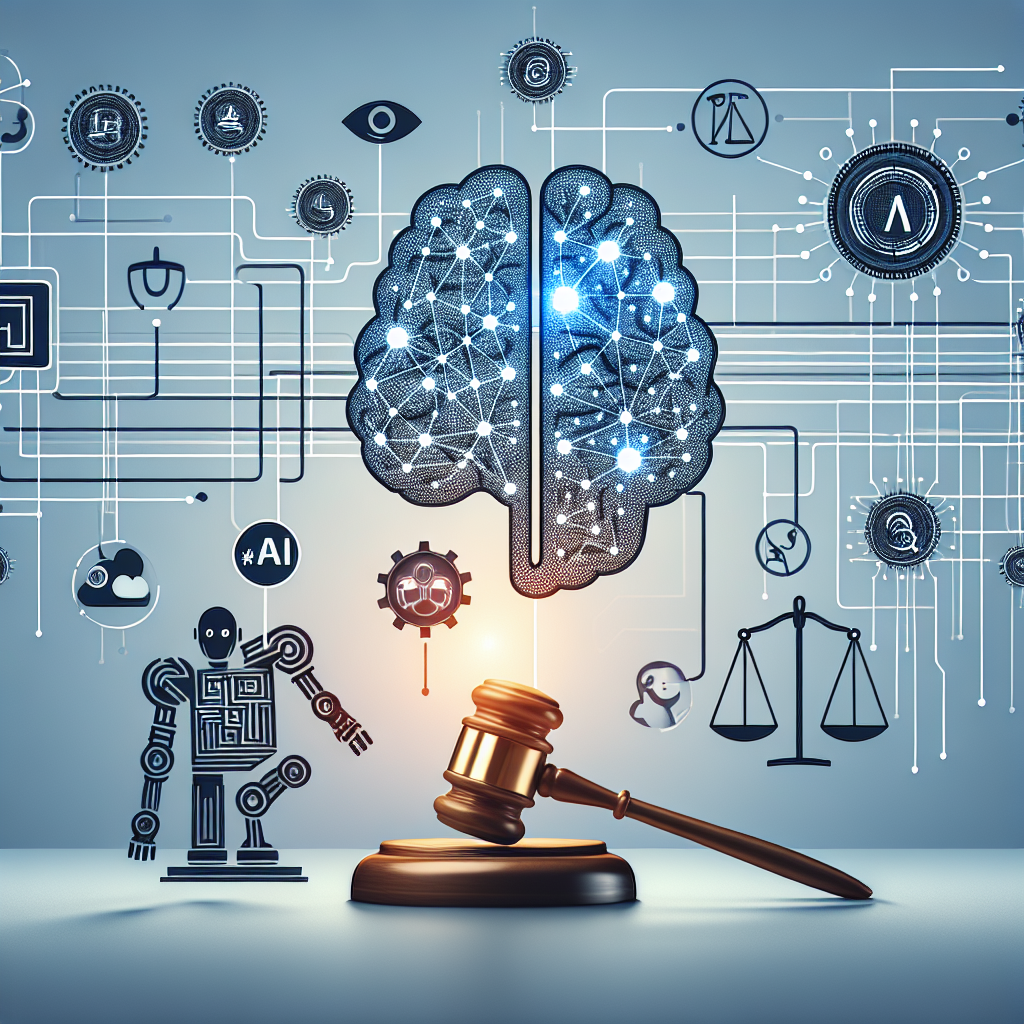Natural Language Processing (NLP) is a subfield of artificial intelligence that focuses on the interaction between computers and humans using natural language. NLP has numerous applications across various industries, including the legal sector. In recent years, the use of NLP in legal AI has gained significant momentum, transforming the way legal professionals analyze and process vast amounts of text data.
The Role of NLP in Legal AI
Legal professionals deal with an overwhelming amount of textual information on a daily basis, including legal documents, court cases, contracts, and statutes. NLP technologies have been developed to help streamline and automate various legal tasks, making the process more efficient and accurate. Here are some key roles of NLP in legal AI:
1. Document Analysis and Summarization: NLP algorithms can analyze and summarize large volumes of legal documents quickly and accurately. This can help legal professionals save time and resources by providing them with a concise overview of the key points in a document.
2. Contract Review and Analysis: NLP can be used to review and analyze contracts to identify potential risks, inconsistencies, or clauses that may need further attention. This can help legal professionals in contract management and due diligence processes.
3. Legal Research: NLP-powered search engines can assist legal professionals in conducting legal research more efficiently. These tools can help lawyers find relevant cases, statutes, and legal articles quickly, saving them valuable time.
4. Case Prediction and Outcome Analysis: NLP algorithms can analyze past case law and legal precedents to predict the outcome of current cases. This can help lawyers assess the strength of their arguments and make more informed decisions.
5. Sentiment Analysis: NLP can be used to analyze the sentiment of legal documents, such as court opinions or client feedback. This can help legal professionals understand the tone and emotions expressed in the text, which can be crucial in legal proceedings.
Frequently Asked Questions about NLP in Legal AI
Q: How accurate is NLP in analyzing legal documents?
A: NLP algorithms have significantly improved in accuracy over the years, but they are not infallible. It is essential to validate the results of NLP analysis with human review to ensure accuracy and reliability.
Q: Can NLP replace human lawyers in the legal profession?
A: NLP technologies are designed to assist and augment the work of legal professionals, not replace them. While NLP can automate certain tasks and make processes more efficient, human judgment and expertise are still essential in the legal profession.
Q: Are there any ethical concerns with the use of NLP in legal AI?
A: The use of NLP in legal AI raises ethical concerns, such as data privacy, bias in algorithms, and the potential for automation to replace human judgment. It is important for legal professionals to be aware of these issues and take steps to mitigate them.
Q: How can legal professionals incorporate NLP into their practice?
A: Legal professionals can incorporate NLP into their practice by using NLP-powered tools and platforms that are specifically designed for the legal industry. It is essential to understand the capabilities and limitations of NLP technologies to make informed decisions about their use.
Q: What are the future trends in NLP for legal AI?
A: The future of NLP in legal AI is exciting, with ongoing developments in areas such as language understanding, machine translation, and conversational AI. Legal professionals can expect to see more advanced NLP technologies that will further enhance their efficiency and effectiveness in the coming years.
In conclusion, NLP plays a crucial role in legal AI by providing powerful tools and technologies that can help legal professionals analyze and process vast amounts of text data more efficiently. By leveraging NLP, legal professionals can streamline their workflows, improve decision-making, and deliver better outcomes for their clients. As NLP continues to evolve, the possibilities for its application in the legal sector are endless, making it an essential tool for modern legal practice.

